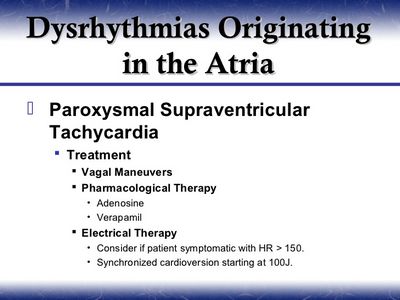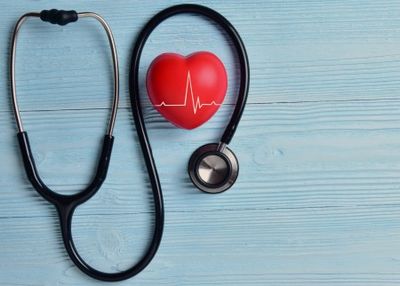
Paroxysmal Atrial Fibrillation, or A-far, is an arrhythmogenic, or abnormal heart rhythm, that is a medical condition in which a person experiences an irregular heartbeat that occurs unexpectedly and without warning. Paroxysmal arrhythmias usually occurs due to damage to the myocardium, a heart muscle that is responsible for controlling the rhythm of the heart’s beating. Paroxysms are very brief and cause no pain at all.
Paroxysms can be triggered by many factors. They are sometimes associated with the use of drugs and they are often misdiagnosed by patients because they can occur suddenly. These include medication, alcohol, and many other medical treatments. It is also possible that these sudden changes may occur even without any specific cause.
Paroxysms are normally caused by the damage to the myocardium that results from a prolonged abnormality of the normal heart rhythm. The main causes are stress and some medical conditions. Other causes include high blood pressure, high cholesterol, diabetes, and even smoking. Paroxysms are also associated with some diseases and conditions that can interfere with the proper functioning of the heart, such as chronic obstructive pulmonary disease (COPD), pulmonary embolism, aortic stenosis, and congestive heart failure. The presence of some of these conditions can also trigger a Paroxysm.
Some cases are not fatal but may result in sudden cardiac arrest and death. Some patients have experienced cardiac arrest and death due to paroxysms. It is important that these sudden cardiac arrest situations be dealt with immediately.
It is important to know that paroxysms do not necessarily result in heart attack, but if they do, it is important to seek immediate medical attention. If they are left untreated, they can lead to irreversible damage to the heart muscle. Symptoms that might indicate the presence of a paroxysmal arrhythmia include: chest pain, palpitations, shortness of breath, dizziness, nausea, lightheadedness, weakness, and palpitation.
Treatment is necessary to avoid complications from occurring. In the United States, doctors usually prescribe a beta-blocker to keep the myocardium from contracting and destroying itself. This is done by inhaling a solution through a catheter or a line into the lungs, or by injecting a solution into the chest. Patients are instructed to breathe slowly and hold their breaths for a few seconds while they inhale the solution. It is usually effective for a period of time, after which the heart starts to pump more slowly.
Potassium is often given intravenously to reduce the amount of potassium in the bloodstream. Other medications may also be given for this purpose. Some people also choose to take potassium citrate for further reduction. It is recommended that they drink enough fluids or water throughout the day to maintain their electrolyte levels.
It is important to note that Paroxysmal Arrhythmia can be successfully treated and eliminated using conventional and non-conventional methods. Sometimes, patients can avoid having to go through the hospital with a surgical procedure by making lifestyle changes or by following a certain diet.
There are several ways to treat and prevent Paroxysmal Arrhythmia. For example, those with an irregular heart rhythm or those who smoke have been known to have a higher chance of suffering from paroxysmal arrhythmia. People who have poor circulation or those with a history of heart disease, such as congestive heart failure, are at greater risk.
People with hypertension are advised to start by treating their high blood pressure. People who have diabetes are also encouraged to control their blood sugar levels. Those who smoke are encouraged to stop smoking. Smoking also can have an effect on how fast a person’s heart beats.
People who exercise on a regular basis are also encouraged to exercise regularly. The exercise should be strenuous but should not cause too much stress on the heart. They are also encouraged to keep their body well-hydrated.
Treatment of paroxysmal arrhythmia has to continue for a long period of time. Some treatments are recommended to help prolong the effect of treatment, or to allow patients to recover and heal fully. It is important that people with paroxysmal arrhythmia stay away from certain conditions or medications that could increase their risk of having a heart attack.

Leave a Reply